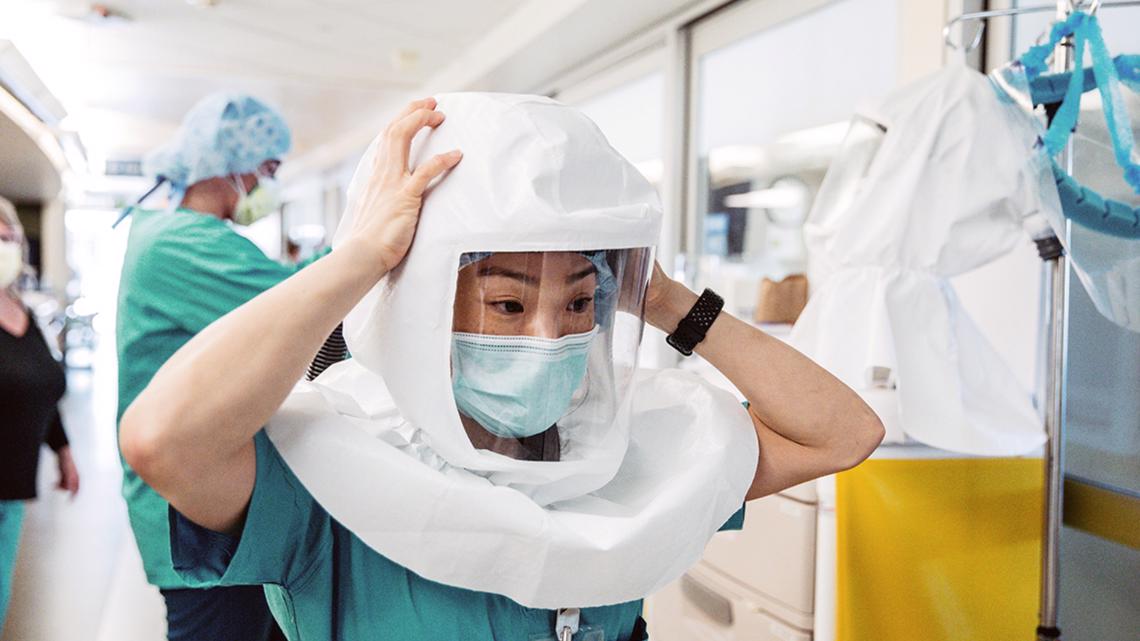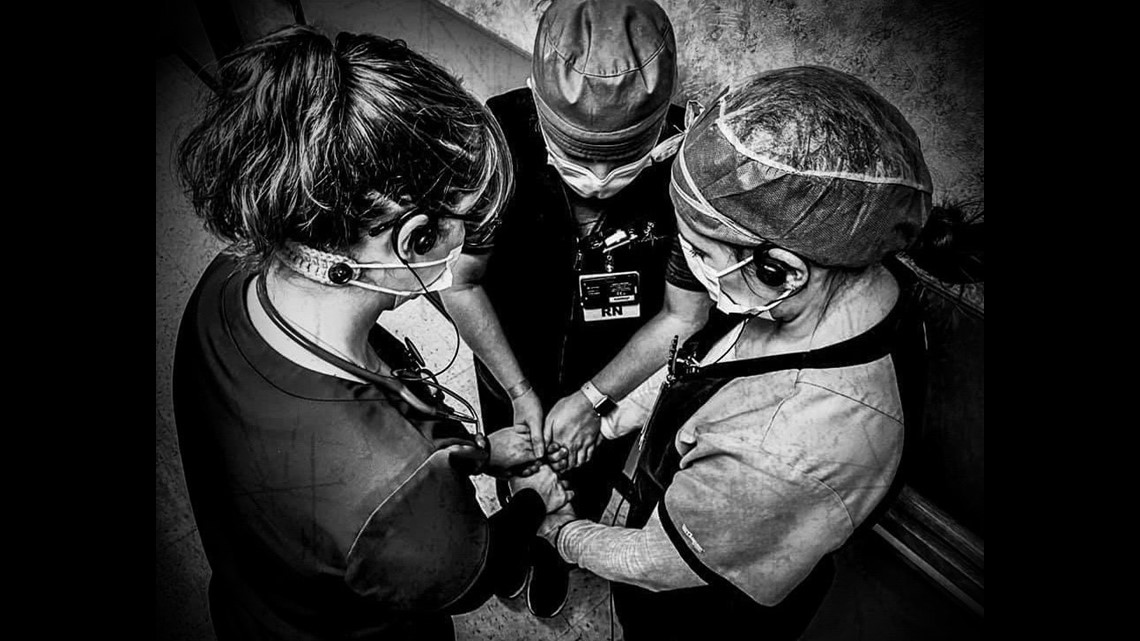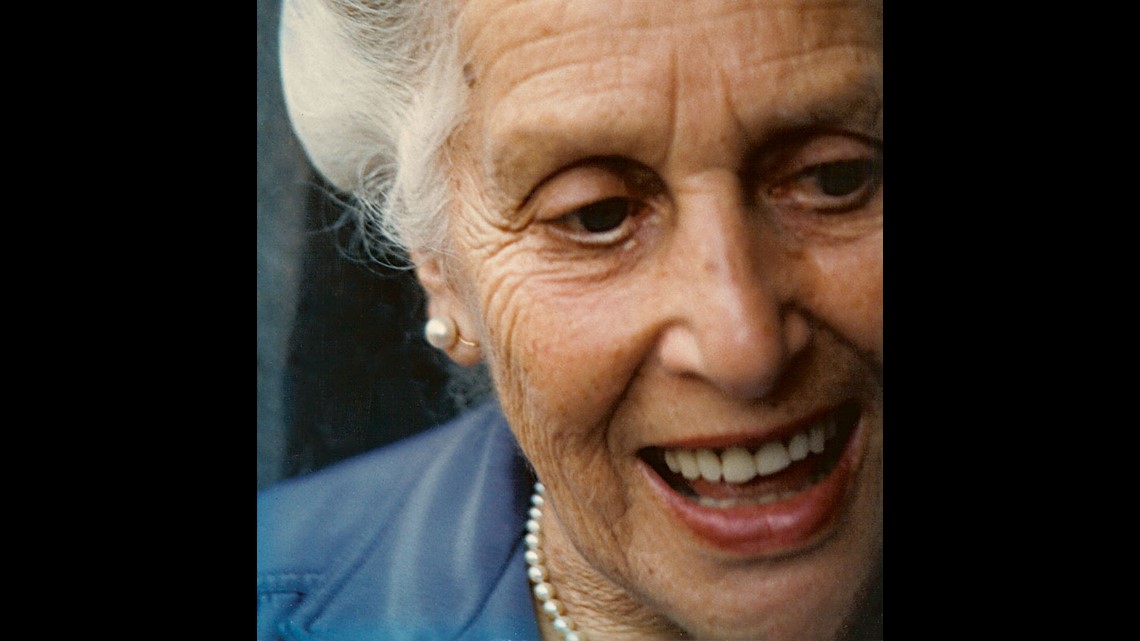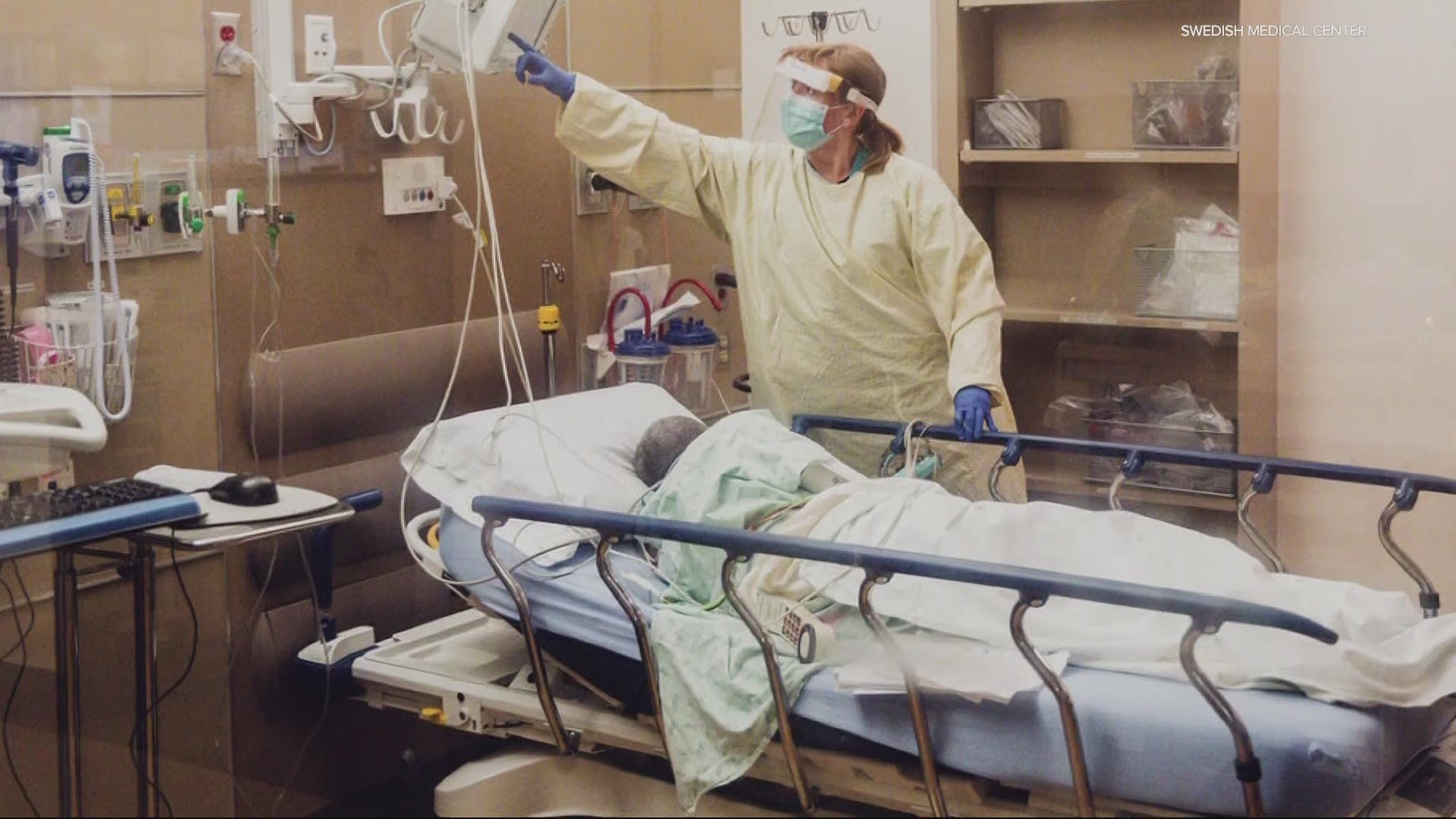PORTLAND, Ore. — Wednesday wraps up National Nurses Week and we wanted to recognize their amazing resilience this past year.
Their jobs were tough before the pandemic and when COVID-19 hit, it became even harder.
Sarah Brown is an ICU nurse working at Swedish Medical Center in Seattle.
“It's been a very difficult year, frankly,” she said over a Zoom video chat.
“A lot of the nurses that I know got into the profession to help people and it's really difficult when it feels like there's nothing you can do to help. So it's been pretty discouraging truthfully,” she said.
For Brown and many other nurses, the job especially during the pandemic, has been taxing both physically and emotionally.
“For me personally it’s been very difficult to try to find the boundary between dealing with work at work and dealing with it at home,” said Brown. “It's been a lot of swinging back and forth, using negative coping mechanisms like Netflix binging and overeating to trying to find a balance between getting outside, journaling.”


Matt Calzia is a registered nurse in Oregon. He works part time with patients and holds another position as a nurse practice consultant for the Oregon Nurses Association. He said even before the pandemic, there were challenges with workloads and staffing.
“Reality is, nurses were at a burnout rate of around 40% pre-pandemic and now you're looking at 70% and that's just not sustainable,” said Calzia.
He said problems that were already present before the pandemic, were exacerbated by it. Calzia said many nurses want to do their best to help patients, but their jobs are made more difficult by health systems that don’t have enough resources and aren’t designed with the wellness of nurses in mind.
“When our health systems are spread so thin and the staffing is so tight that you aren’t able to practice at that level you were trained to […] that’s why nurses face a lot of that moral injury or that burnout.”


Calzia said right now, for most hospitals, if a nurse wants to take a break, they have to ask a colleague to take over caring for their patients. Not only does that double their colleague’s workload, but it also means work easily piles up, meaning that when nurses come back from break they’re already stressed.
“There's definitely been some moments where I've questioned if nursing is something I wanna keep doing,” Brown said.
“Nursing can be a very thankless job and that’s not necessarily anyone’s fault.”
That’s why she said it’s important for nurses to be reminded they are appreciated and are making a difference.
Sally Bany founded the Marie Lamfrom Charitable Foundation with her husband. It's named after her grandmother Marie, who was a nurse during World War I. She said to support nurses and other health care workers, over the last month the foundation has donated more than a million dollars to over 60 organizations in Oregon and Washington.


“Swedish was one of those recipients. We're very grateful for that,” said Margo Bykonen, the regional chief nursing officer for Swedish Medical Center in Seattle.
Bykonen said the hospital system received $25,000 for mental wellness classes.
“You just kind of pack it down a little bit and that’s my concern right now. That’s why we're looking for ways to help people now process what they actually witnessed in the last year and a half,” she said.
Bykonen said at the beginning of the pandemic, it was all hands on deck and some nurses who weren’t accustomed to dealing with death had to quickly figure out how to handle the emotional fallout. She hopes the classes will help with that and is thankful the Marie Lamfrom Charitable Foundation’s donation will help pay for it.
Bany said the foundation asked health organizations in the region what they needed and the ideas came rolling in.
“Wellness retreats, shop small within your county in rural Oregon, shopping in Harney County, coffee cards, bringing in Zen dens, lunches, all kinds of things,” said Bany.
Bany said she hopes the donations make health care workers feel valued and rested.
“We’re here for you,” Bany said.
"As much as I see the pain that's being experienced, I also am really proud of how everyone has handled it,” said Brown.
As for the recognition from National Nurses Week, Calzia said while the love is much appreciated, he hopes hospital systems as a whole make a concerted effort to prevent burnout by hiring on more staff, allowing for adequate breaks and truly promoting wellness.
“You want to be appreciated for the hard work you do. But sometimes I want you to acknowledge that the hard work isn’t sustainable for nurses and we need to address that,” he said.
“At least there at Swedish, there are attempts being made to provide emotional support for bedside nurses which is wonderful,” said Brown.
“My unit in particular, we have a burnout program.”
Brown said for people with loved ones working in the health care field, two things would be helpful. First, offer a listening ear and second, offer to help with whatever they need.
“I think nursing attracts people who believe they don’t need any help because they want to help other people,” said Brown.

